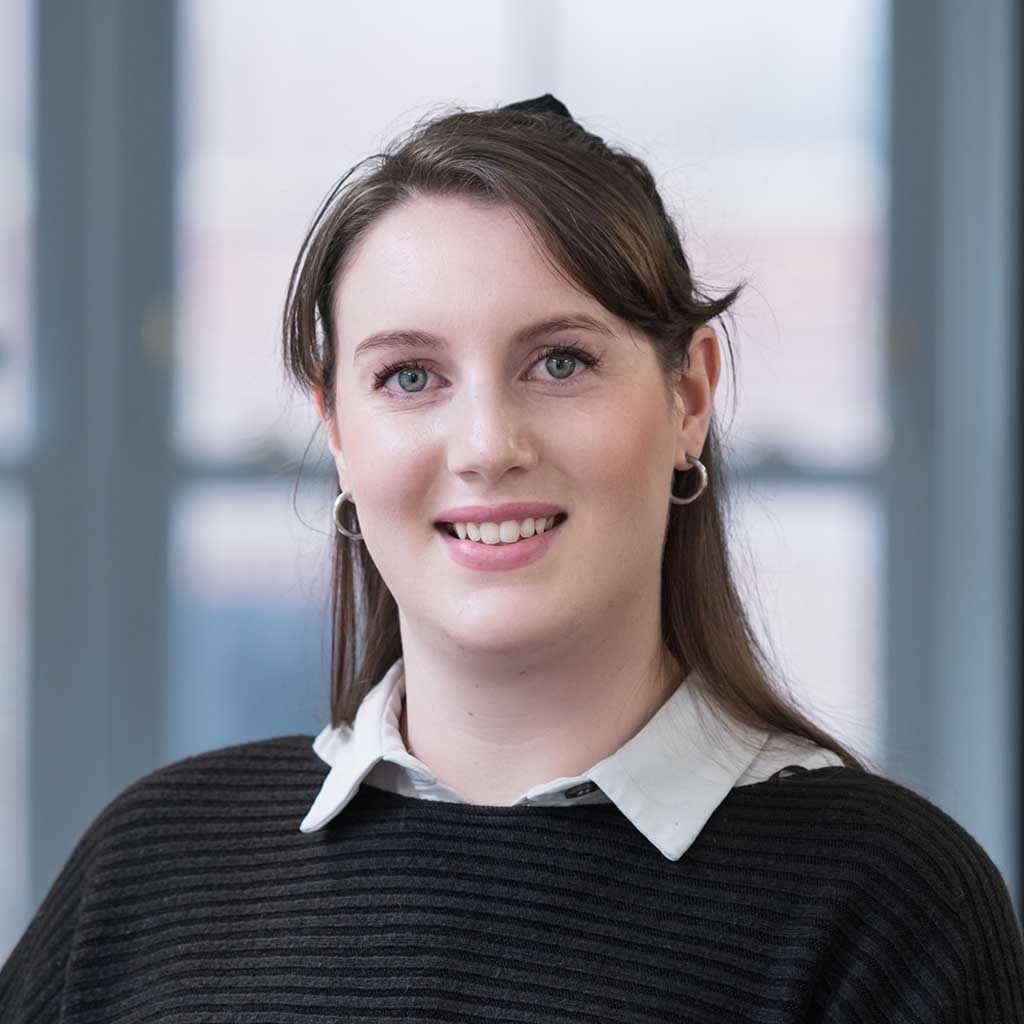For as many years as I can remember, our intention at Experience UX has been to schedule our project work at a maximum of 80 per cent of our team’s working hours.
Nothing particularly new or ground-breaking but we’ve struggled to maintain this historically maintaining with no clear plan for how to divide time up between the ‘billable’ and other work. Inevitably we get busy and have a tendency to deprioritise that non-billable time in order to get a client project over the line.
Client work will always come first, but the knock-on effect was challenging our ability to live our ambition for a continual learning culture. I was keen to break this cycle and try something new.
Breaking the cycle
Over the summer I have been trialling the idea of adding more structure to the week, with four days to work on client projects and a day to work on other things, i.e., learning, formal training, side projects, etc. I was keen to leave it a little open to interpretation, and see how it went.
The UX team met regularly to check in on how they were finding it, what was working, and what wasn’t. This culminated in a showcase back to the rest of the team, which highlighted some fabulous insights and a good reality check for me.

The benefits of downtime on Fridays
Whilst everyone in the team used their time quite differently, there were some commonalities and strong themes that emerged from their showcase…
1. Changing space brings new perspectives
By not having any client meetings scheduled on a Friday, the team had much more flexibility when it came to their working location, so instead of being at home or in the office, they were able to take advantage of having time offline and away from a screen, instead going to do some ponderings in a coffee shop. It’s amazing what a new view can do for your perspective
2. A dedicated space to focus on mental and physical wellbeing
Whether it be a dog walk, writing in a reflection journal, or the freedom to go for a sea swim in the middle of the day; not needing to be back online and looking presentable at a certain time meant the team could undertake activities to support their wellbeing, in their own way.
3. Time to reflect and plan
After a full and busy week working on multiple projects, having dedicated time to reflect on the projects of this week and think ahead to what was coming next week, enabled the team to mentally wrap up the week and switch off before heading off for the weekend, feeling more prepared for the upcoming week.
How does it work in reality?
As much as we try to be disciplined with protecting this time for admin and downtime activity, occasionally this isn’t possible, and a client project needs to take precedence. This trial period taught me that that’s okay, as long as:
- Everyone has access to this non-billable time within the team
- It is the exception rather than the norm.
What happens next?
Hearing directly from the team about how they had personally benefited from this trial was both fascinating and enlightening. The biggest takeaway for me was how restorative this time was, how it gave the team the space to process thoughts and ideas, to enable them to grow as individuals and as a team, and how much it energised them in busy periods!
As you can imagine, the team are keen to continue this and embed it into our schedule permanently, and I’m keen to make this happen. To support this shift in the way we work long-term, I’ll be exploring new guidelines on how this will work and when it might not be possible.
For example, there may be a week that we take a day out from client work for an Away Day with the team, and that would take the place of our downtime day in that week. Another key element of this will be coming up with an ‘It’s OK’ list, inspired by the Co-op Digital Team during the pandemic. We followed suit and created our own during the switch to remote working, and found it to be a super simple and collaborative way to help define boundaries and ways of working.
I’ll be creating an ‘It’s OK’ list specifically for our Headspace Fridays, so watch this space for an update soon.

